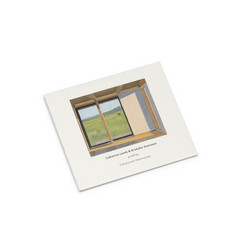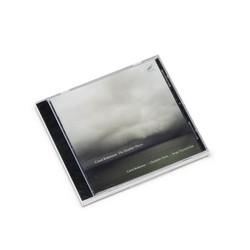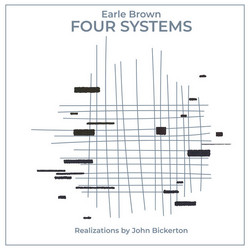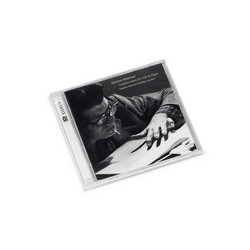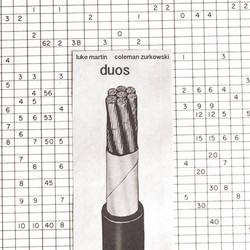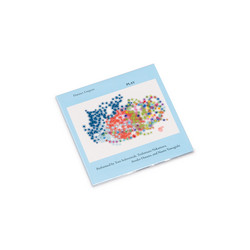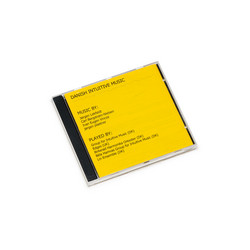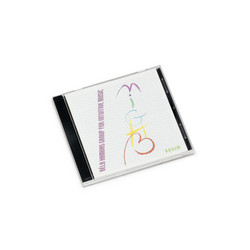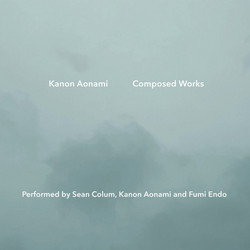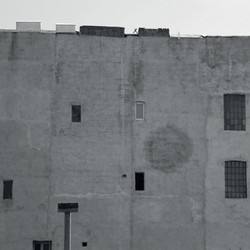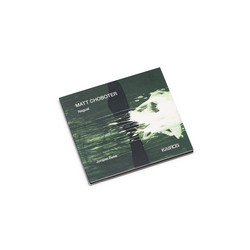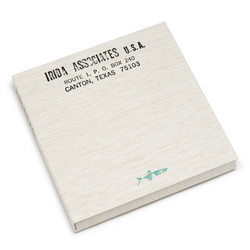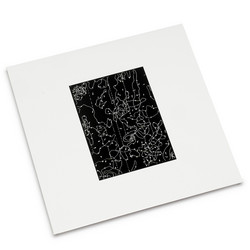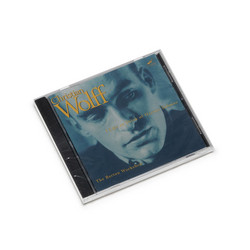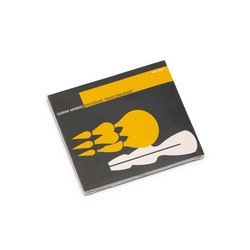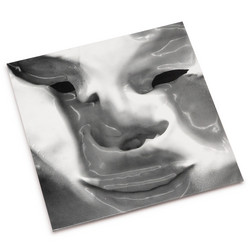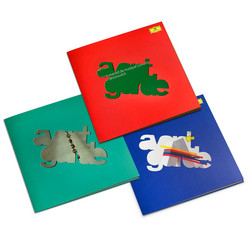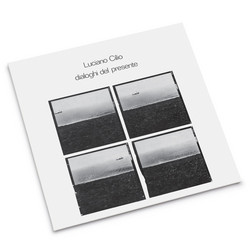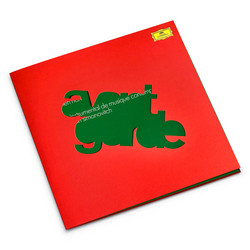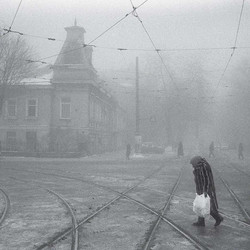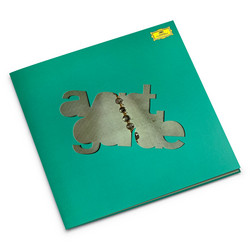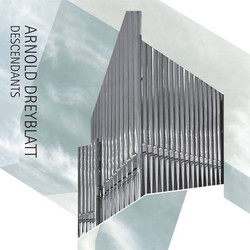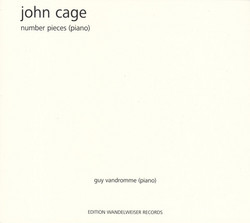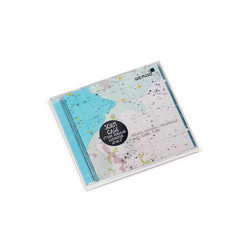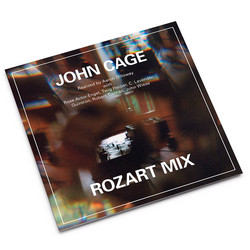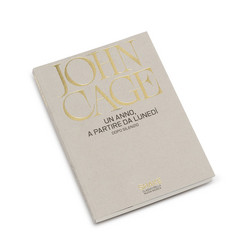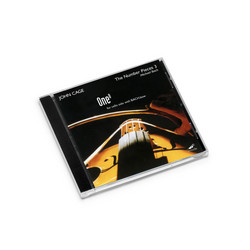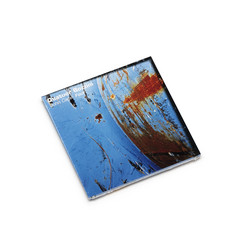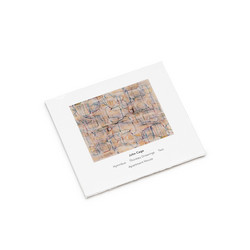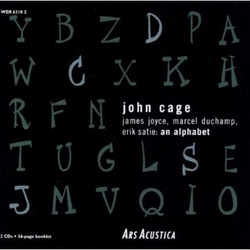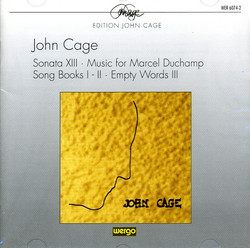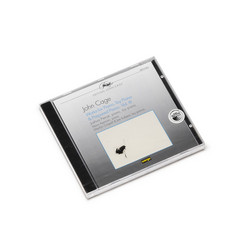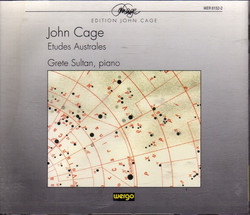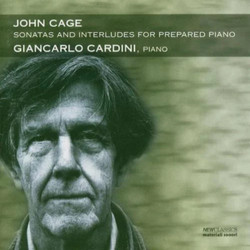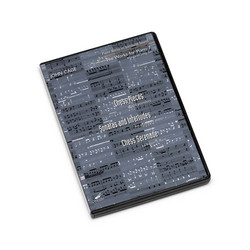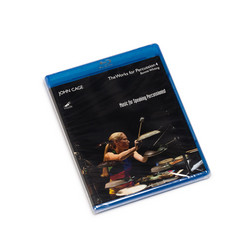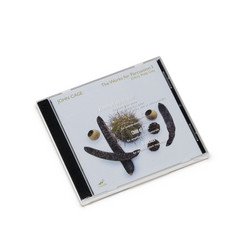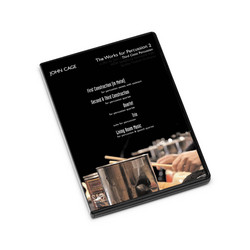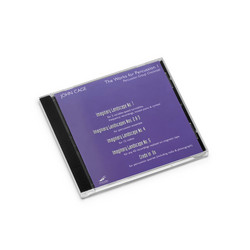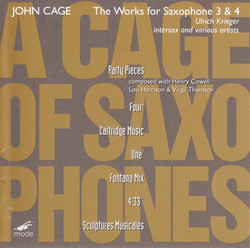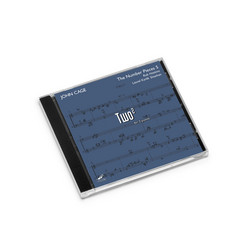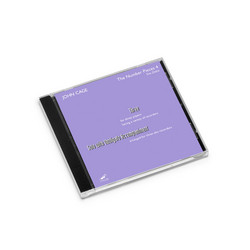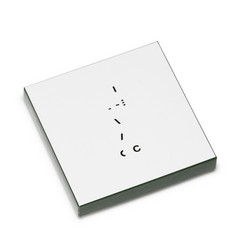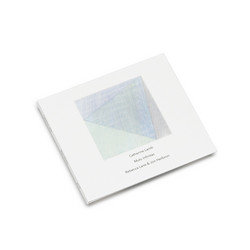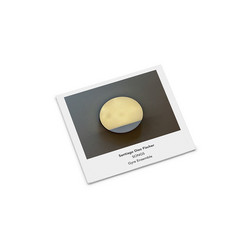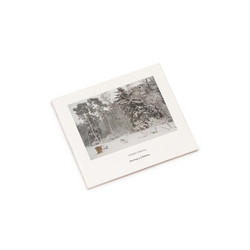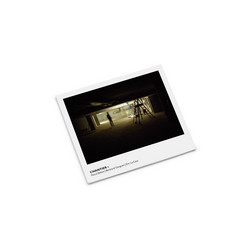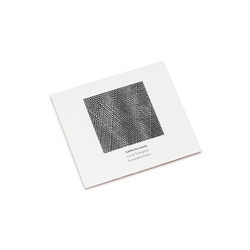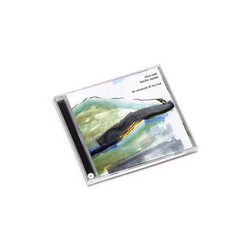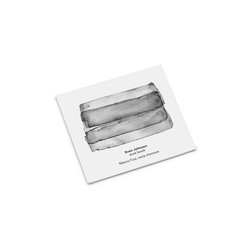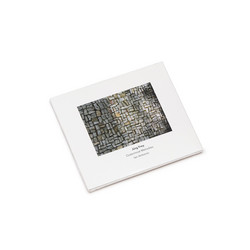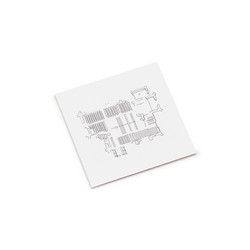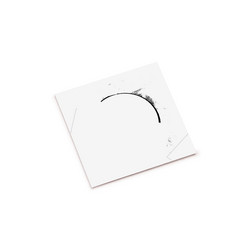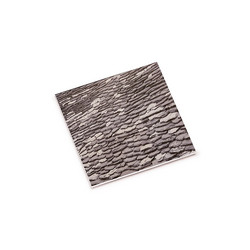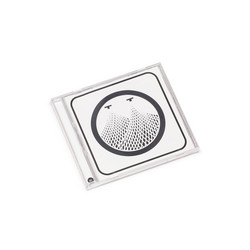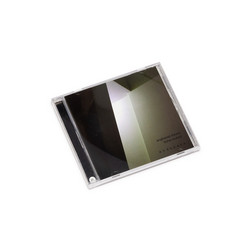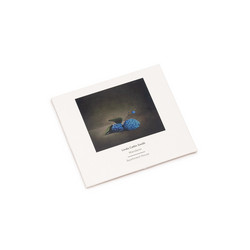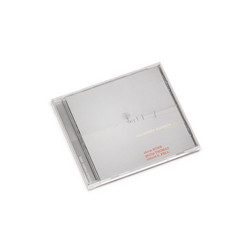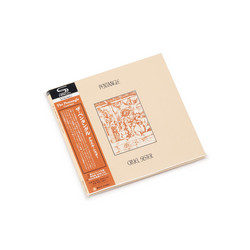John Cage
Number Pieces (4CD Box)
Number Pieces, the expansive four-disc set performed by Apartment House, presents a strikingly comprehensive exploration of John Cage’s celebrated late works. Composed in the twilight of Cage’s life, these pieces reflect a deep engagement with silence, time, and musical indeterminacy - a period often characterized by a profound calmness and openness, quite distinct from the composer's more angular early output. Apartment House, under the direction of Anton Lukoszevieze, approach the scores not simply as interpreters but as fellow travelers in Cage's aesthetic questions. Their rendition reveals a subtle intelligence and care for the underlying chance processes and performer choices at the heart of Cage’s method.
Across thirteen works, from quintets to larger, richly detailed ensembles, Apartment House use Cage’s “time-bracket” system not only to coordinate playing but to imbue the music with a living, breathing ambiguity. Every execution is guided by clock and ear, leaving specifics of duration, dynamics, and timbral blend to the discretion of each musician - resulting in realizations that feel simultaneously meticulous and liberated from dogma. Particularly notable are the four distinctive renditions of “Five”: each, though based on identical structural premises and recurring instrumentation, forges its own fragile identity through decisions of entry, decay, and sonic placement, making evident how deeply Cage’s trust in his performers shapes the outcome.
What distinguishes this project is Apartment House’s refusal to treat the scores as sacred relics. Instead, their efforts reflect the ethos described by Mira Benjamin: becoming “curious listeners” to their own playing—a process yielding a fluid, real-time negotiation between the written and the momentary. The use of varied instruments and flexible approaches—for instance, a clarinet-based “Four5” rather than four saxophones—demonstrates a rigorous but creative engagement with Cage’s instructions. The resulting soundscapes, especially in larger-numbered ensembles, remain uncluttered and transparent, attesting to the ensemble’s clarity and restraint even as textures become increasingly complex.
Ultimately, Number Pieces stands as a meticulously crafted testament to Cage’s enduring legacy—a legacy where questioning is as vital as answering, and where the act of musical making is ever new. Apartment House’s interpretations ensure these compositions are not museum pieces but dynamic frameworks, waiting for each new collaboration to take shape. This collection, handsomely produced by Another Timbre with careful attention to detail and documentation, will serve both as a resource for listeners and as an inspirational example of what sensitive, searching performance can reveal in even the most familiar contemporary repertoire.

